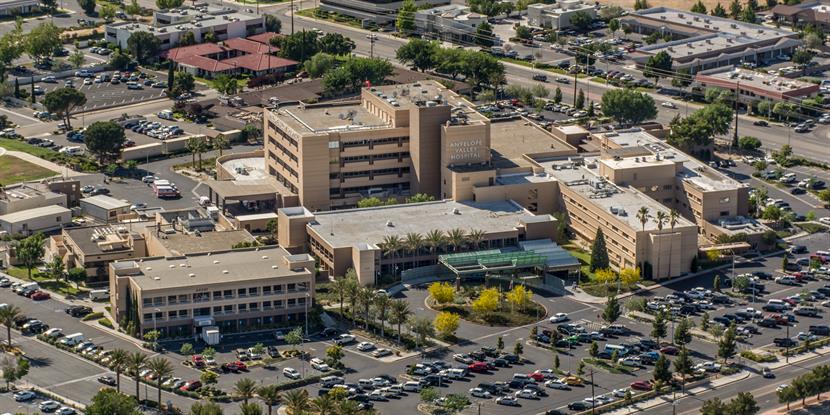Behavioral Health Services
Help Is Available. There Is Hope.
Mental health problems are common. About 1 out of every 5 American adults experiences a mental health issue. Recovery is possible, but obtaining help is the first step.
Antelope Valley Medical Center’s Behavioral Health Unit has provided compassionate, comprehensive inpatient mental health and psychiatric services since 1971. AVMC’s top priority is having patients recover in a safe, secure, and nurturing environment. Our program’s goal is for patients to be successful, both as an inpatient and after their hospital stay by providing a seamless transition to community programs.
Mental health includes a person’s emotional, psychological, and social well-being, affecting how we think, feel, and act. Which in turn, affects how we handle stress, relate to others, and make choices. Throughout your life, from childhood and adolescence through adulthood, you may experience mental health problems, your thinking, mood, and behavior could be affected. Many factors contribute to mental health problems, including biological factors (for example, genes or brain chemistry), life experiences such as trauma or abuse, or family history of mental health problems.
Customized Care
An expert team of psychologists, psychiatrists, nurses, therapists, mental health technicians, and licensed clinical social workers take an interdisciplinary approach to assemble individualized programs tailored to each patient’s specific needs. Patients receive close medical supervision, which includes careful monitoring of medications and symptoms to prevent patients from harming themselves or others.
Among the services provided to inpatients are:
- Group, family, and individual therapy sessions
- Recreational and therapeutic activities and socialization
- Round-the-clock nursing care including medication monitoring
- Discharge planning to connect patients with community services
The Los Angeles County Suicide Prevention hotline is available 24/7 at (800) 273-8255. Suicide and Crisis Hotline is available 24/7, you can call or text 988. For more information on how to identify suicide risk factors, click: https://stopasuicide.org/


